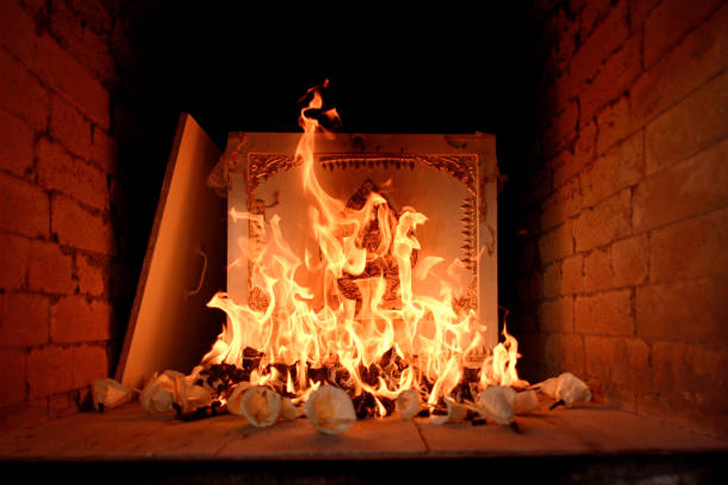The Senior’s Guide to Economic Cremation Planning
When it comes to end-of-life planning, navigating the cost of services can be overwhelming, especially for seniors on fixed incomes. Cremation, often considered a cost-effective alternative to traditional burials, can still come with a hefty price tag depending on various factors. In this guide, we’ll explore practical and dignified ways to find affordable cremation services for seniors.

Understanding Cremation Costs
Cremation costs can vary significantly based on location, the crematorium used, and the type of services selected. According to the National Funeral Directors Association (NFDA), the average cost of a cremation with a ceremony is about $5,150, while a direct cremation with no ceremony averages around $2,395. However, these averages can be misleading as they do not account for regional price differences or additional fees such as urn costs or memorial services.
Choosing Direct Cremation
One of the most affordable cremation options is direct cremation. This process involves cremating the body shortly after death without a formal funeral service beforehand. Without the expenses of a funeral service, embalming, or expensive caskets, direct cremation can significantly reduce costs. Families can then choose to hold a memorial service at a time and place that suits them, potentially using less formal—and less expensive—venues.
Exploring Prepaid Cremation Plans
Prepaying for cremation is another way seniors can lock in current prices, potentially saving money as cremation costs rise over time. These plans can also alleviate the financial burden on family members and ensure that the senior’s specific wishes are carried out. However, it’s important to research thoroughly: choose reputable providers, understand what the plan covers, and check if there are any additional fees.
Utilizing Veteran Benefits
If the senior is a veteran, they may be eligible for burial benefits through the Department of Veterans Affairs, which include a free burial in a national cemetery and a free grave marker. Veterans might also be eligible for a cremation allowance or free cremation if specific conditions are met. Contacting the VA directly or visiting their website can provide details on eligibility and the application process.
Seeking Assistance from Charities and Societies
Numerous charitable organizations and societies offer assistance with funeral costs. For instance, the Final Farewell Project and local religious or community organizations might offer financial aid or low-cost services to families in need. Additionally, some societies, like the Neptune Society, specialize in affordable cremation services and offer membership plans that come with discounted rates.
Comparing Prices and Services
It’s vital to shop around and compare cremation services across different providers. Websites like Parting.com allow families to compare funeral home prices and services in their area, which can help in making an informed decision without the pressure of sales tactics. Always ask for detailed price lists from each provider and ensure that the quoted price includes all necessary services.
Understanding Legal Rights and Regulations
It’s important for seniors and their families to understand their legal rights when arranging a cremation. The Federal Trade Commission enforces the “Funeral Rule,” which entitles consumers to accurate information and detailed pricing from funeral homes. It also provides the right to choose only those services desired, which can prevent unnecessary spending.
Considerations for Final Wishes
Discussing final wishes is tough but necessary. Seniors should communicate with family members about their wishes for a cremation and any memorial services, which can prevent overspending and ensure that their desires are respected. Keeping documented wishes can also ease the decision-making process for grieving loved ones.







Recent Comments